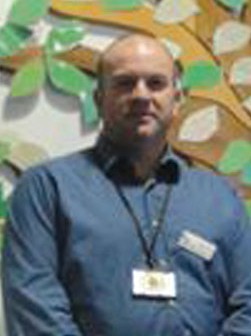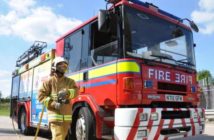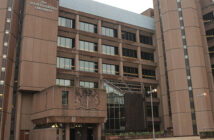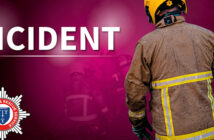TERRORISM survivors from across the UK, meeting at Warrington, are calling on the media and those in public life to take a greater responsibility on how they report on terrorist attacks.
The call came as many people affected by terrorism announced their intention to form an international network of like-minded organisations and people who will work to prevent violent extremism and support each other, as they cope with the consequences of violent conflict.
Joining together at the Tim Parry Johnathan Ball Peace Centre, more than 100 people agreed that “enough is enough” and that they should establish a Peace Builders network to challenge those who use violence to further their aims and to support anyone who has been affected by terrorism.
Eight survivors of terrorism have worked with the Peace Foundation to produce a series of films, that hear from people who have been affected by terrorist attacks ranging from the Manchester 2017 attack to the Bataclan attack in Paris.
In the short films, they tell of their direct and indirect experiences with the media and their desire to promote a strong message that #WordsMatter.
Peace Foundation chief executive Nick Taylor (pictured) said: “The Peace Foundation’s National Survivors Assistance Network provides practical and emotional support to those who have been affected by terrorism both at home and abroad.
“These films tell people’s stories of courage, resilience and survival despite going through the unimaginable.
“What emerges from the interviews is that the media can be both a help and hindrance when it comes to reporting on terrorism. The media’s use of certain words and imagery can be hugely distressing for those who have experienced an attack. “
In the films, Cath who was at the Manchester Arena attack talks about the constant coverage of the perpetrator’s face giving him “celebrity status” and highlights the reality that “it was a crime, a murder.”
Figen, whose son Martyn was tragically killed in the same attack said: “I dislike it when terms such as lone wolf, The Beatles, Jihadi John are used. They glorify these people.
‘Islamic State’ – they’re not a state, they’re a group of people doing terrible things.”
The survivors believe that the media can be a force for good by focusing coverage on those impacted in an attack rather than those who perpetrate them.
Zoe, who lost her brother in the Bataclan attack said: “The media can help by bringing people together through celebration and unity of the loved ones’ lives, making sure it’s used as a vehicle for positive commemoration.”
Inspired by the testimonies of these individuals, the Peace Foundation worked with a group of like-minded organisations to come up with a list of suggested alternative terms that the media could adopt to limit the harm caused to those affected by attacks and promote communities coming together.
Nick Taylor concluded: It isn’t just about reporting on terrorism. Recent weeks have seen a fishing dispute parodied as ‘war on the high seas,’ and a politician using emotive terms such as ‘suicide vests and detonators.’
“Our language is rich and descriptive and often uses analogy or metaphor, but we must guard against the inappropriate use of words.
“If we are to defeat violent extremists, then we have to take away extremists’ legitimacy and undermine any shred of credibility they think they have, by showing respect to those impacted, and responsibility in reporting and accepting that #WordsMatter.”
Terrorism survivors call for a more responsible media
11 Comments
Share.





1 Comment
Pingback: Terrorism survivors call for a more responsible media - TLO